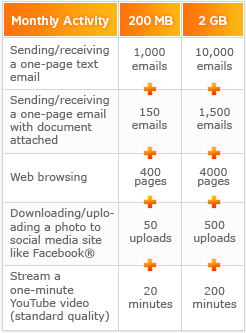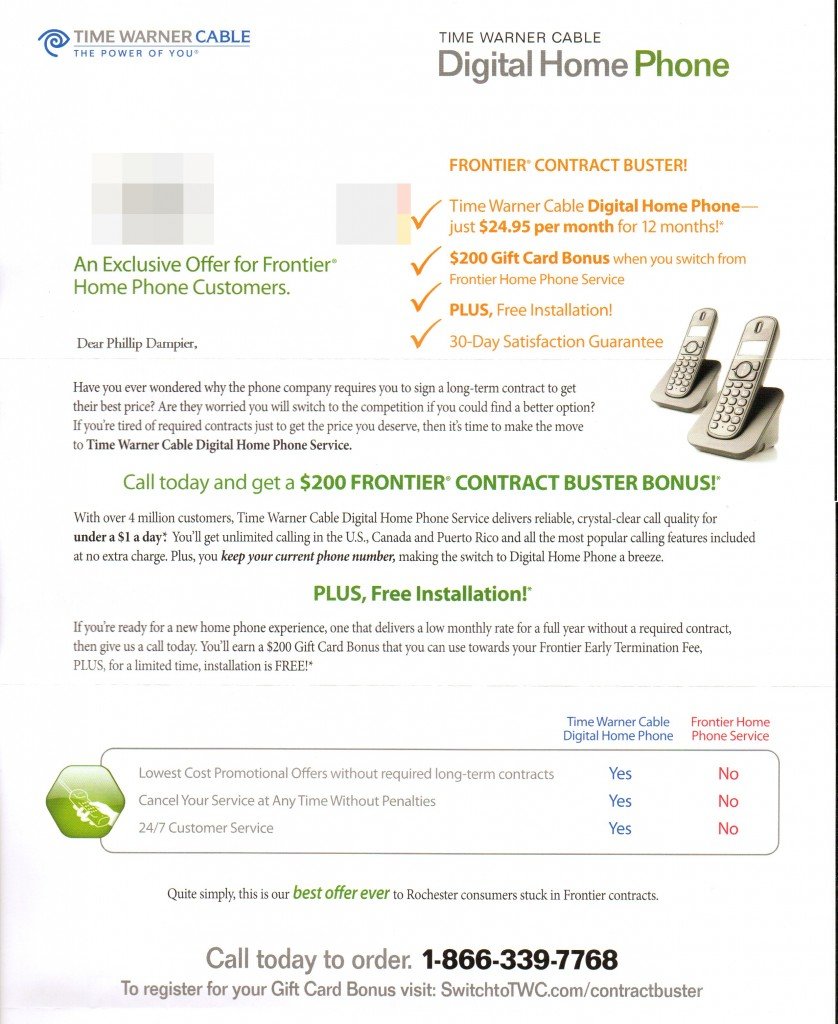
AT&T offers up the common practice of boasting about how much you can do with a usage-limited account, based on the thousands of e-mails you'll never send, the 500 pictures you'll never take, or the one minute YouTube clips you'll never watch. Notice they never seem to include figures for streaming multimedia applications like music, movies, and TV shows or playing more bandwidth-intensive games. To do so would only upset customers further.
AT&T claims that 98 percent of its customers will save money under its new lower-priced usage-limited data plans, but an analyst predicts those savings will vanish for half of AT&T’s customers by 2013, exposing them to steep overlimit penalties.
Independent analyst Chetan Sharma crunched the numbers:
The average customer will consume more than 2 gigabytes of data a month within three years, up from 150 megabytes in 2009. Though AT&T could change its rates in the future, the cost of such data use at current rates is $35 a month. That would make it more costly than the $30 AT&T previously charged for unlimited data use.
“The devices are getting much, much better so the opportunities to multitask are more attractive,” said Sharma, who has written five books on mobile technologies and consulted for companies such as Motorola Inc. and Qualcomm Inc.
It’s not only heavy data users who may be affected, Sharma said. By year’s end, the average AT&T customer will have doubled their data consumption from 2009 to 320 megabytes, according to his estimates. Only 35 percent of AT&T’s smartphone customers use 200 megabytes of data or more, the company said.
Sharma’s forecast that half of AT&T’s smartphone customers will use more than 2 gigabytes of data is “not unreasonable,” said Christopher King, a Stifel Nicolaus & Co. analyst in Baltimore, though he said it’s difficult to predict such trends because they depend on the introduction of new phones, applications and wireless technologies.
AT&T’s new Internet Overcharging scheme has built-in profits as customers increasingly bump into the subjective limits the company imposes on its wireless customers. Many customers have complained the 200 megabyte plan is too small to accommodate anyone but the most casual data user, while others find 2 GB too small to make video viewing more than an occasional treat. Customers who exceed either limit face higher bills:
- Customers exceeding 200 MB in a monthly billing cycle face a $15 overlimit penalty, which nets them another 200 megabytes of service;
- Users who exceed the 2-gigabyte level will be forced to pay an additional $10 per month for an additional 1 gigabyte of service.
 Even King believes AT&T’s limits are too low.
Even King believes AT&T’s limits are too low.
“There’s no way that AT&T is going to maintain their tiered pricing as they do today,” he said. “They’ll have to raise the caps on data usage.”


 Subscribe
Subscribe






